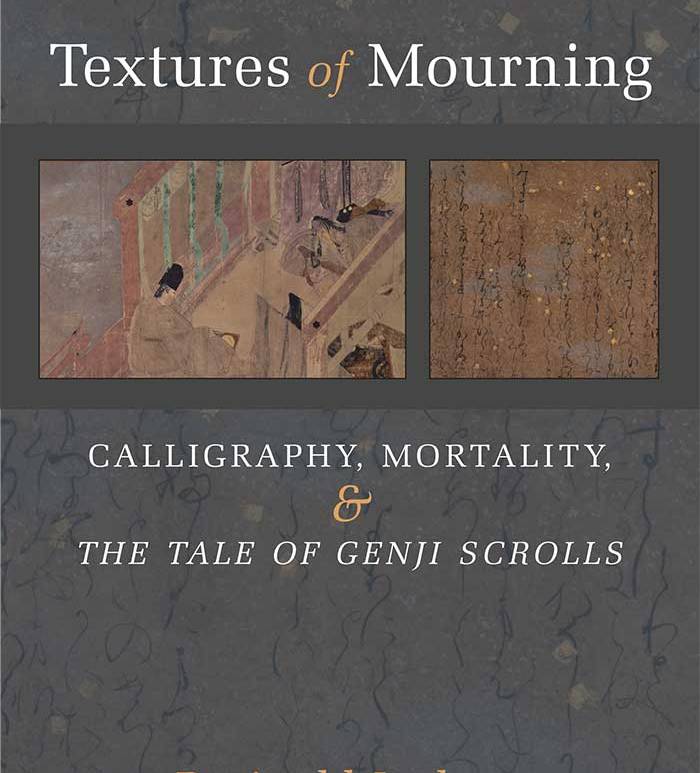
Textures of Mourning: An Interview
Reginald Jackson’s inspiring new book takes a transdisciplinary approach to rethinking how we read, how we pay attention, and why that matters deeply in shaping how we understand the past, live in the present, and imagine possible futures. Textures of Mourning: Calligraphy, Mortality, and The Tale of Genji Scrolls (University of Michigan Press, 2018) explores the relationship between reading, dying, and mourning across three central texts: the Heian … Continue reading Textures of Mourning: An Interview








